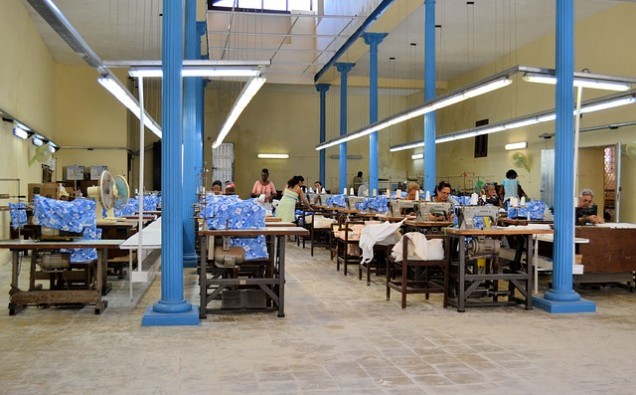The global fashion industry is a multi-billion dollar, with many significant brands sourcing their garments from factories worldwide. However, a recent survey conducted by Aberdeen University’s Business School in partnership with justice charity Transform Trade has shed light on some disturbing practices in the Bangladeshi garment industry. The survey found that 90% of more prominent high-street brands buying from four or more factories were engaging in unfair practices, such as cancellations, failure to pay, payment delays, and discount demands. These practices significantly impact the lives of Bangladeshi garment workers, who are struggling to make ends meet. In this post, we’ll take a closer look at the survey findings and discuss the impact these practices have on Bangladeshi workers.
Key Findings of the Survey:
The Aberdeen University and Transform Trade survey found that 90% of more prominent high-street brands buying from four or more factories in Bangladesh were in unfair purchasing practices. These practices included cancellations, failure to pay, delays in payment, and discount demands. The survey also found that one in five manufacturers struggled to pay Bangladesh’s £2.30 a day minimum wage, despite soaring materials costs.
Possible Solutions:
The issue of unfair purchasing practices in the Bangladeshi garment industry is complex, but It can take steps to address it. One solution is to support fair trade fashion brands, which prioritize ethical and honest practices in their supply chains. Another solution is for more prominent high-street brands to improve their purchasing practices and ensure that the workers who make their clothes are treated fairly. The industry can also adopt transparent and sustainable policies to treat workers better.
Conclusion:
The findings of the Aberdeen University and Transform Trade survey reveal some disturbing practices in the Bangladeshi garment industry. These practices significantly impact the lives of Bangladeshi garment workers, who are struggling to make ends meet. We must bring attention to this issue and take action to support fair trade fashion brands and improve the purchasing practices of more prominent high street brands. Together, we can work to improve the lives of Bangladeshi garment workers and create a more just and sustainable fashion industry.
























